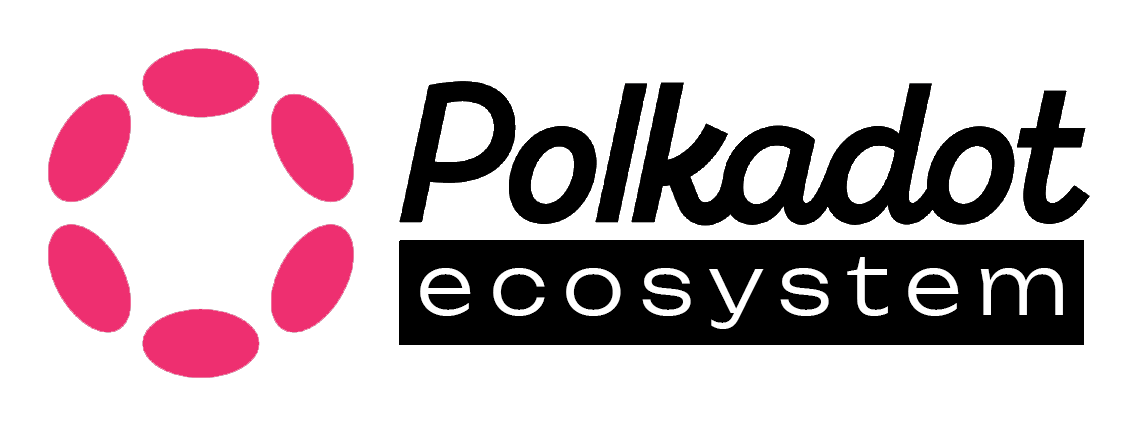Every Chip Counts - Decentralized Cloud Rebellion
Ce contenu n’est pas encore disponible dans votre langue.

The Sub0 Reset 2024 conference showcased some of the most groundbreaking innovations in the Web3 space. Among the standout presentations was Alessandro De Carli’s talk, “Every Chip Counts: Decentralized Cloud Rebellion.” De Carli, co-founder of Acurast, captivated the audience with his insights into how decentralized technologies, particularly mobile devices, can redefine global computing infrastructures and address critical issues tied to centralized cloud services.
The Cloud Conundrum: Dependency and Vulnerabilities
De Carli began by challenging the common perception of the “cloud,” emphasizing that it is, in reality, just “someone else’s computer.” The dominance of major U.S.-based tech companies in cloud services, such as Google, Amazon, and Microsoft, has led to several concerning implications:
-
Geopolitical Risk: Centralized cloud providers have become critical economic players, shaping the power dynamics of nation-states. Governments can exert influence over these providers, leveraging laws like the U.S. Patriot Act to access user data stored on their servers.
-
Data Privacy and Security: User data, stored on centralized servers, is not only vulnerable to government surveillance but is also shared with extensive third-party suppliers. These practices exacerbate risks related to data breaches and misuse.
-
Economic and Operational Fragility: Centralized clouds are single points of failure. Disruptions in these services can halt national economies and individual operations, highlighting a lack of resilience in the current infrastructure.
-
AI’s Exacerbation of Risks: With advancements in AI, the vast troves of data collected are increasingly weaponized. Large language models can process data with unprecedented precision, turning seemingly innocuous information into actionable insights that may be exploited.
Rethinking the Cloud: Decentralization as the Solution
To counter these challenges, De Carli argued for a decentralized cloud infrastructure built on open-source principles. Such a system would mitigate the risks of centralization by distributing computational power and data storage across a global network of devices. However, building a decentralized cloud requires rethinking the hardware used to power it.
The Role of Mobile Devices in Decentralized Computing
De Carli proposed leveraging mobile devices—smartphones in particular—as the foundation for this decentralized network. Key points from his argument include:
-
Abundant Hardware: Over 1.2 billion smartphones are manufactured annually, compared to only 13 million servers. Modern smartphones are equipped with powerful processors, often featuring 8–12 cores, and up to 24 GB of RAM, making them viable nodes for decentralized computing.
-
Cost-Efficiency: Smartphones have lower operational costs due to their energy-efficient chips and widespread availability. Moreover, devices that are no longer in use can be “upcycled” to extend their lifecycle, reducing waste and costs.
-
Cheat Codes for Scalability: By utilizing idle computing power on personal devices, the decentralized network can scale without requiring significant upfront investments in new hardware.
The Acurast Initiative
Acurast, De Carli’s project, has been pioneering this decentralized approach. The platform enables individuals to contribute their unused device resources to a global compute network. Notable features include:
- Confidential Computing: Mobile devices, equipped with hardware security modules, can perform secure computations, including running decentralized AI models.
- Developer-Friendly Environment: Acurast supports Node.js-based workloads, allowing developers to deploy applications seamlessly.
- Real-World Applications: From running large language models to hosting decentralized agents that perform automated tasks, Acurast’s infrastructure opens new possibilities for scalable and secure applications.
Community Impact and Adoption
The concept has already gained traction, with some users setting up “farms” of upcycled devices to contribute computational power. One community member showcased a farm of 400 devices, demonstrating the scalability and practicality of this approach. The low energy consumption and minimal noise of these setups further highlight their viability.
A Call to Action: Join the Cloud Rebellion
De Carli concluded his presentation with a rallying cry to join the “Cloud Rebellion.” He invited developers and individuals with spare devices to participate in building a more resilient and equitable compute network. With a beta version already available for iPhone users, Acurast is poised to expand its reach and impact.
Key Takeaways
- The global reliance on centralized cloud providers poses significant geopolitical, economic, and privacy risks.
- Decentralized cloud networks powered by upcycled mobile devices offer a cost-effective and sustainable alternative.
- Acurast exemplifies how Web3 technologies can empower users to regain control over their data and contribute to a more resilient internet.
Closing Thoughts
As computing becomes increasingly central to the global economy, the need for decentralized solutions has never been more urgent. Alessandro De Carli’s vision for a decentralized cloud built on mobile devices presents a compelling pathway toward a future where every chip truly counts.
For more information about Alessandro De Carli and Acurast, visit their official website or explore their platform to become a part of this transformative initiative.

